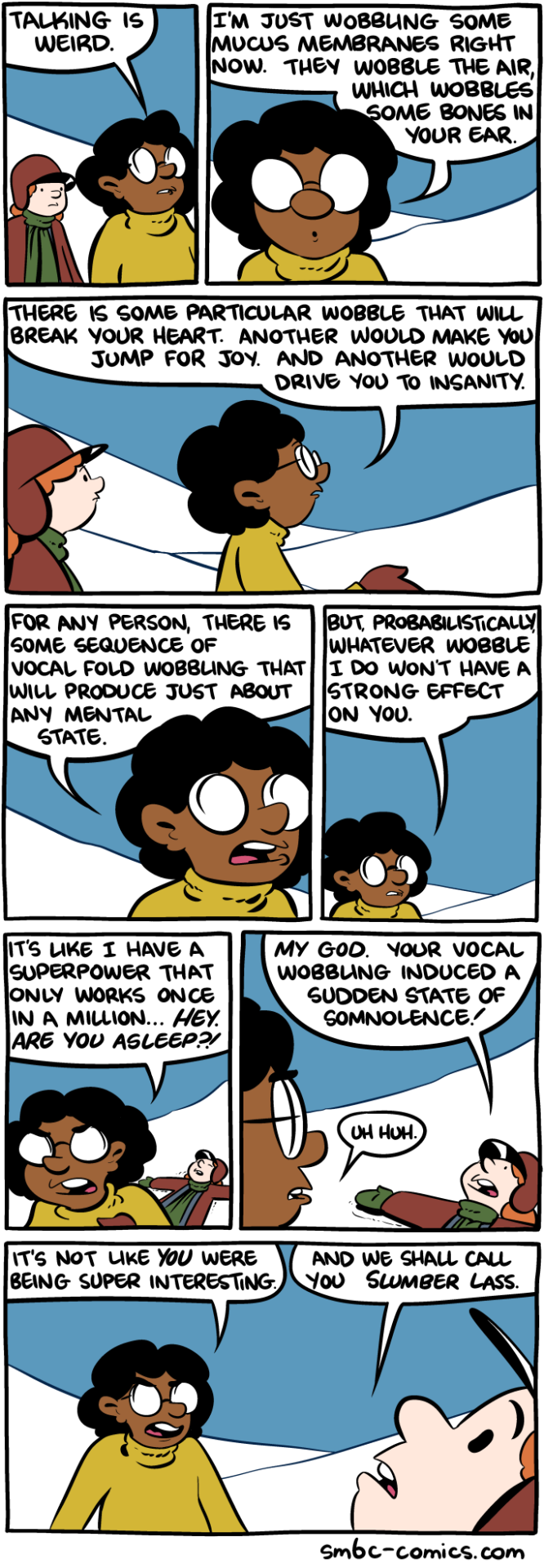For some indigenous Indians in southwest Colombia magia, which they define as deriving from books of conjurations that allow one to pact with the Devil, are considered to be an instrument of social control. The whites had brought magia with them, and as one Indian complained, ‘They use it to take our land.’ These perceptions were not only born of suspicions regarding Christian magic but were also an aspect of wider concerns about how books were being used as a means of enslavement. We see this expressed in a magic tradition found amongst the largely indigenous Quichua population of the town of Salasca, Ecuador. In the provincial capital of Ambato lies the seat of a ‘witch-saint’, Saint Gonzalo… who is believed to kill people through a book in which victims’ names are written…. The blancas (whites)… are the guardians of a large ‘witch book’. People pay them to include the names of their enemies, who the saint will then curse, or conversely to have their names removed. This is no legend, but a real money-making activity for the guardians, who have on at least one occasion been charged with adding names to the book to extort money.
… The witch book is no mock grimoire with occult signs and pictures of the Devil; it is a functional large notebook consisting of lined paper, not unlike those used for Civil Registry and Church record keeping. In other words, the archival function of books, which serve as a means of social control in an administrative sense, can also be used to subjugate through magical means.
— Owen Davies, Grimoires: A History of Magic Books
.
